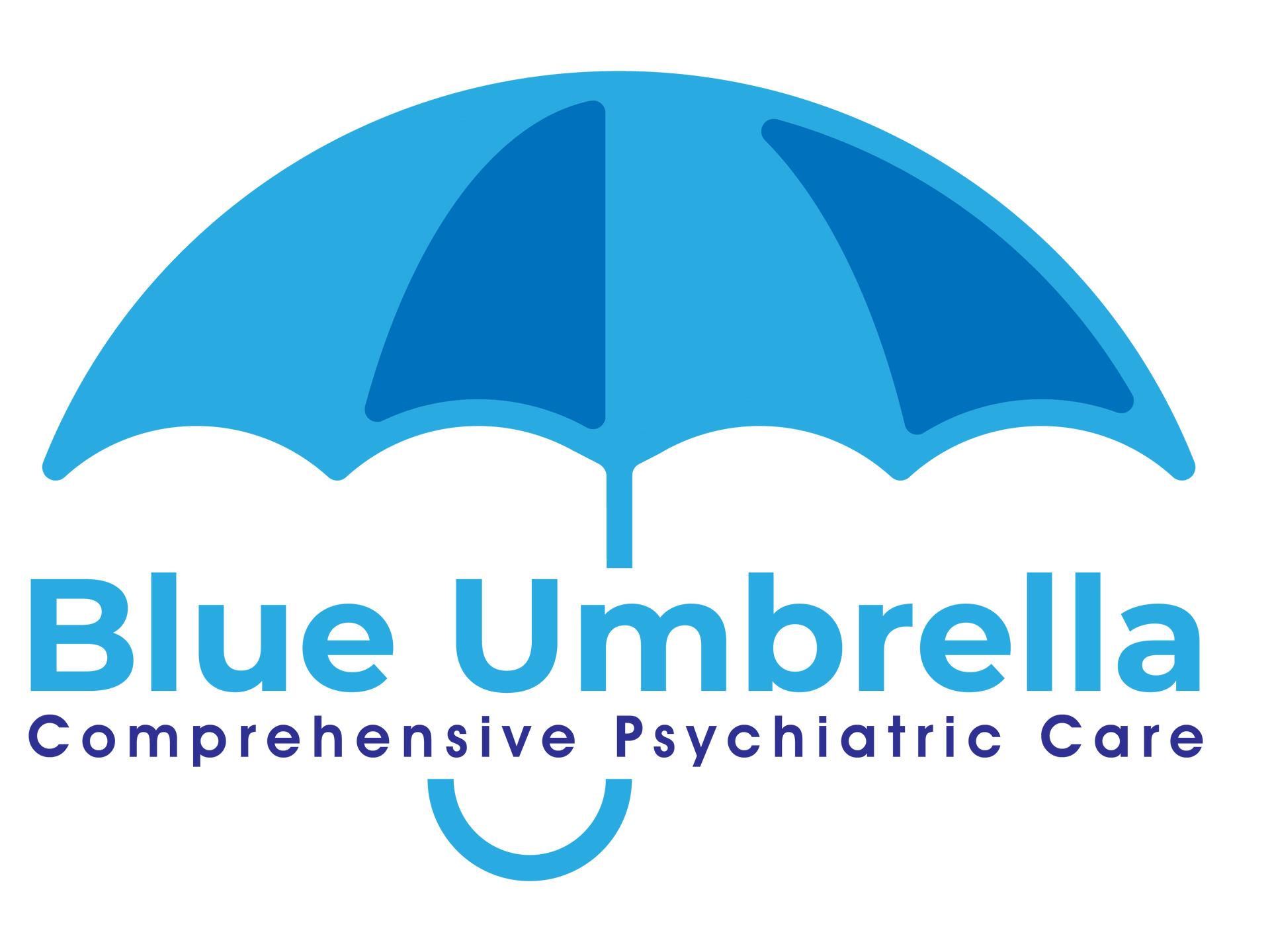Welcome to the Blue Umbrella Psychiatry blog! In today’s fast-paced world, taking time for self-care is more crucial than ever. Self-care isn’t just about pampering yourself; it's a holistic practice that encompasses physical, mental, and emotional well-being. At Blue Umbrella Psychiatry, we believe in the importance of self-care as a foundation for a balanced and fulfilling life. In this blog, we’ll explore what self-care really means, why it’s essential, and how you can incorporate it into your daily routine.
What is Self-Care?
Self-care refers to the practices and activities that individuals engage in to maintain and improve their overall health and well-being. It encompasses a wide range of activities, including physical, mental, emotional, and social practices that support and sustain personal health. Self-care is about recognizing your own needs and taking proactive steps to meet them.
Why Self-Care Matters
1. Physical Health:
- Prevention and Maintenance: Regular self-care helps prevent illness and maintain physical health. Activities such as exercise, healthy eating, and adequate sleep are foundational to a healthy body.
- Stress Reduction: Physical self-care practices can reduce stress and improve your body’s ability to cope with daily challenges.
2. Mental Health:
- Emotional Resilience: Engaging in self-care helps build emotional resilience, making it easier to handle stress and setbacks.
- Cognitive Function: Practices such as mindfulness and relaxation techniques can improve focus, clarity, and cognitive function.
3. Emotional Well-Being:
- Self-Awareness: Self-care encourages self-reflection and self-awareness, helping you understand and manage your emotions better.
- Mood Regulation: Regular self-care activities can improve mood and increase overall happiness and satisfaction.
4. Social Connections:
- Healthy Relationships: Taking care of yourself allows you to better care for and connect with others. Strong social connections contribute to a sense of belonging and support.
Components of Holistic Self-Care
1. Physical Self-Care:
- Exercise: Incorporate regular physical activity into your routine. Aim for at least 30 minutes of moderate exercise most days of the week.
- Nutrition: Eat a balanced diet rich in fruits, vegetables, whole grains, and lean proteins. Stay hydrated by drinking plenty of water.
- Sleep: Prioritize quality sleep by establishing a regular sleep schedule and creating a restful environment.
- Routine Health Check-Ups: Schedule regular check-ups with your healthcare provider to monitor and maintain your physical health.
2. Mental Self-Care:
- Mindfulness and Meditation: Practice mindfulness or meditation to reduce stress and increase mental clarity. Even a few minutes a day can make a difference.
- Mental Health Days: Allow yourself time to rest and recharge when needed. Taking breaks can prevent burnout and improve overall well-being.
- Continuous Learning: Engage in activities that stimulate your mind, such as reading, puzzles, or learning a new skill.
3. Emotional Self-Care:
- Journaling: Keep a journal to express and process your emotions. Writing can be a powerful tool for self-reflection and emotional release.
- Therapy: Consider talking to a mental health professional to address any emotional challenges and gain insights into your mental health.
- Creative Outlets: Engage in creative activities like art, music, or writing to express yourself and enhance emotional well-being.
4. Social Self-Care:
- Connect with Loved Ones: Maintain and nurture relationships with family and friends. Social connections provide support and increase feelings of belonging.
- Set Boundaries: Establish healthy boundaries in your relationships to prevent emotional exhaustion and maintain balance.
- Community Involvement: Participate in community activities or volunteer work to create a sense of purpose and connection.
Incorporating Self-Care into Your Daily Routine
1. Start Small:
- Begin with small, manageable changes. Incorporate one or two self-care practices into your daily routine and gradually build from there.
2. Create a Routine:
- Establish a self-care routine that works for you. Consistency helps build habits and ensures that self-care becomes a regular part of your life.
3. Be Kind to Yourself:
- Practice self-compassion and avoid self-criticism. Self-care is about nurturing yourself, not about perfection.
4. Adjust as Needed:
- Regularly assess your self-care practices and adjust them based on your changing needs and circumstances. Flexibility is key to maintaining effective self-care.
Need Support?
At Blue Umbrella Psychiatry, we are committed to supporting your overall well-being. If you have questions about integrating self-care into your life or need guidance on mental health, our team is here to help. We offer a range of services designed to support your physical, mental, and emotional health.
Remember, self-care is not a luxury; it’s a necessity for maintaining a balanced and fulfilling life. Take time to care for yourself and prioritize your well-being.













